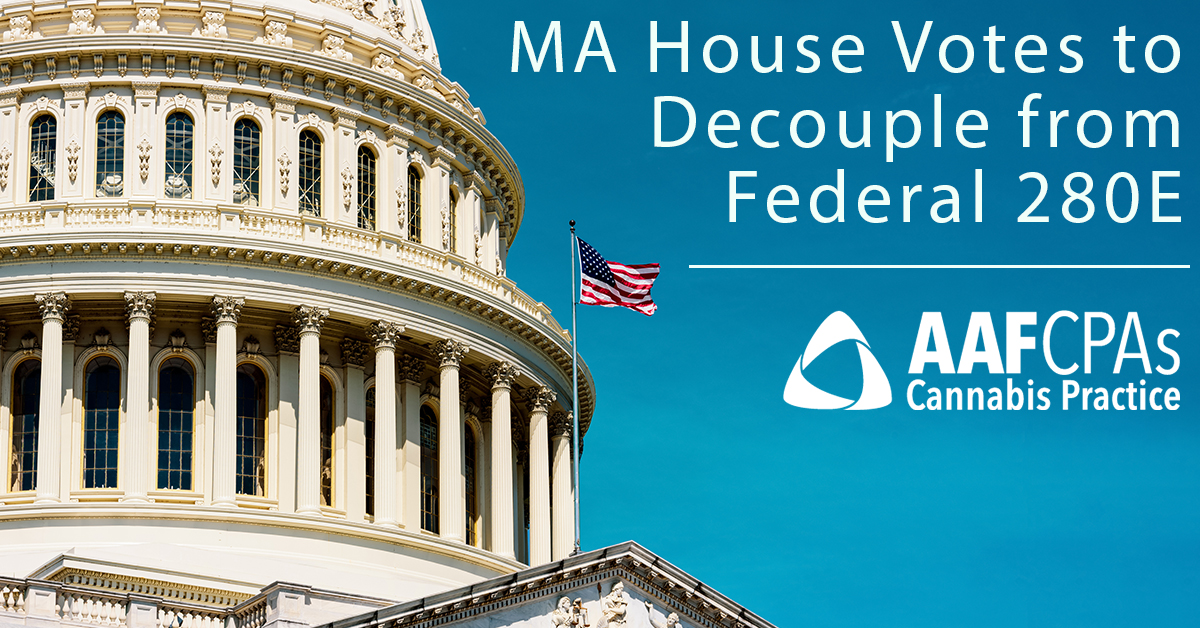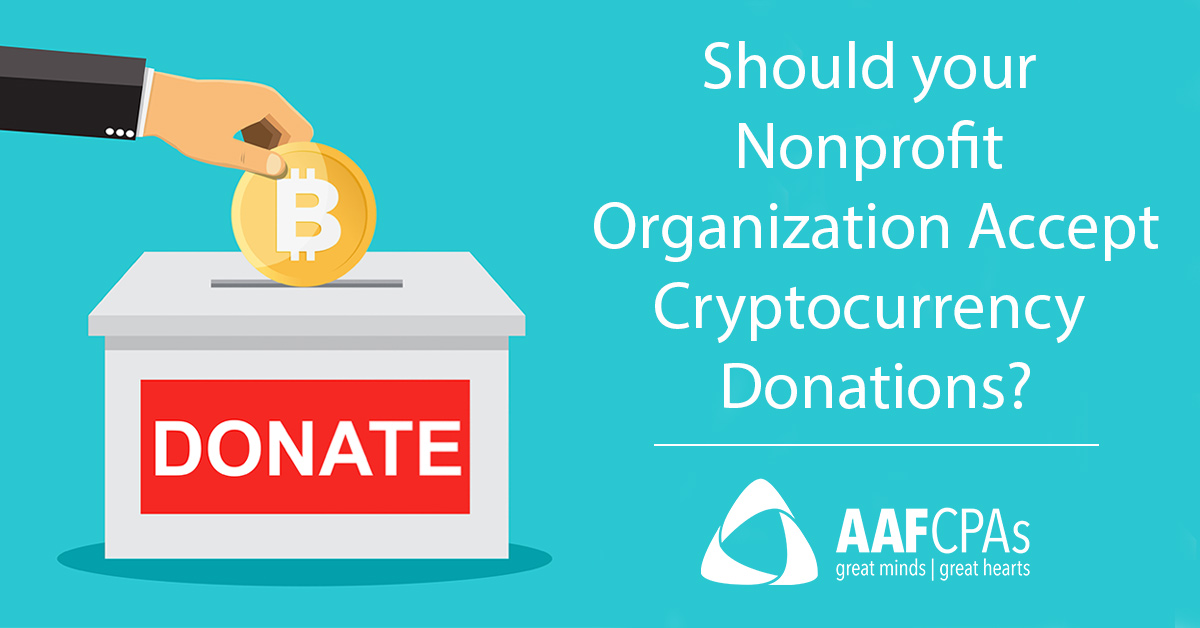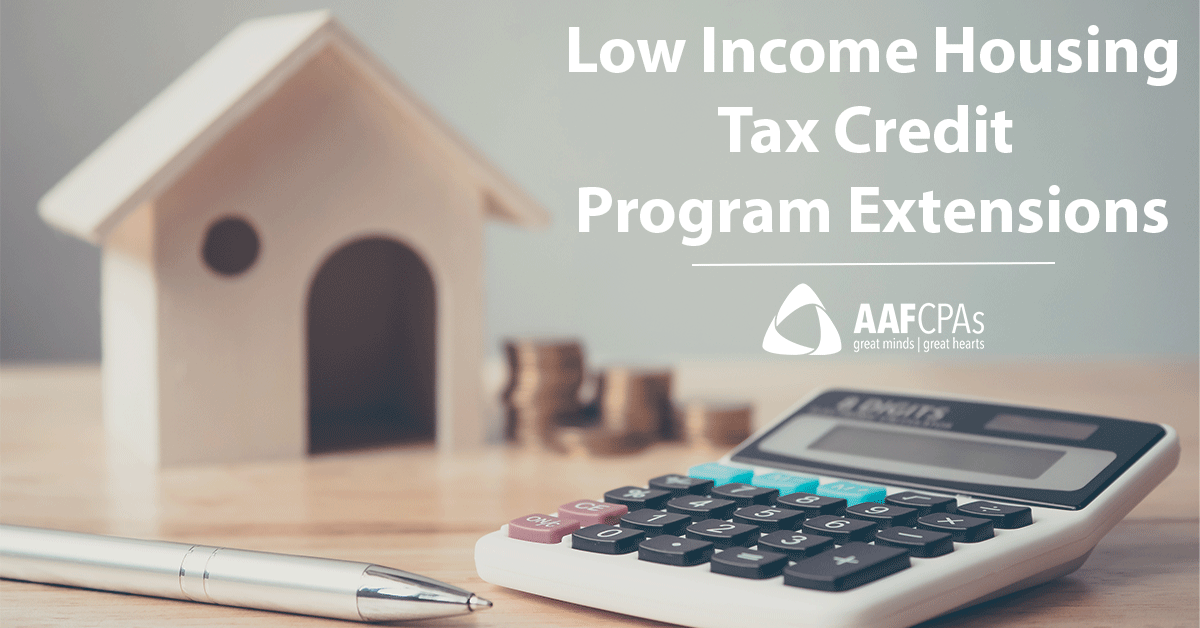Industry

MA Votes to Decouple from Federal 280E
On May 18, 2022, in a 153-2 vote, the Massachusetts House of Representatives approved sweeping marijuana reforms, which includes two welcomed provisions for operators! MA House Votes to Decouple from Federal 280E Tax Code The House voted to amend the state’s tax code to officially decouple from the federal tax code with respect to 280E. This […]
Changes to In-kind Donation Disclosures for Nonprofits
AAFCPAs would like to make nonprofit clients and donors aware that the Financial Accounting Standards Board (FASB) has recently issued an Accounting Standards Update (ASU) to increase the transparency about the measurement of in-kind donations received by nonprofits, as well as the amount of those in-kind donations used in nonprofits’ programs and other activities. The […]
GASB Lease Accounting Standard Reminder
As a reminder, Governmental Accounting Standards Board (GASB) Statement No. 87, Leases, applies to entities following government accounting rules, including AAFCPAs’ clients in the Charter School industry, as well as other quasi-governmental organizations. This guidance applies to most leases with a term of over 12 months. These leases will now be recognized on the statement […]

Entity structure considerations for MSOs
Multi-state operators may need to weave a complex web when it comes to corporate structure. Operators entering new jurisdictions must consider many factors, the most significant being tax exposure, licensing restrictions, and potential exit scenarios as they determine which entity structures will best support their expansion and goals. The goal of structuring is to create […]

Should Your Nonprofit Accept Cryptocurrency Donations?
With a current total market cap of all cryptocurrencies now exceeding $2 trillion dollars, nonprofits who refuse to accept, or do not have adequate policies in place for accepting crypto donations may be missing out on a large and growing funding stream. While accepting crypto donations may seem like an unwanted headache for nonprofit organizations, […]

AAFCPAs’ Cannabis Practice Leaders Join NECANN-Boston Programming Schedule
AAFCPAs has been selected to present an educational workshop: Modeling Considerations When Entering a New Market at the New England Cannabis Convention, March 18-20th, 2022, at the Hynes Convention Center, Boston MA. The New England Cannabis Convention in Boston is considered the can’t-miss event of the year by cannabis operators across the region. This will […]
Cannabis Watch: Visa cracks down on cashless ATMs
AAFCPAs would like to make cannabis clients aware of an emerging issue with the use of cashless ATMs. Visa Inc. issued a memo in December 2021 to customers, and reported in Marijuana Moment, warning that “miscoding point-of-sale transactions through the use of so-called cashless ATMs—a practice used by some cannabis retailers as a workaround to […]

Cannabis Business Owners: New states, new markets: financial modeling for MSOs
Becoming a multi-state operator (MSO) in the cannabis industry requires planning and adapting to regional nuances unlike almost any other business. Financial modeling is a crucial step to understanding what lies ahead, and operators have myriad state-specific factors to consider when projecting their balance sheet. With cannabis still illegal at the federal level, companies cannot […]

Low Income Housing Tax Credit Program Extensions
AAFCPAs would like to make clients aware that on January 11, 2022 the IRS issued Notice 2022-05 which further extends the temporary relief from certain requirements for low-income housing tax credit (LIHTC) projects, originally extended earlier in 2020 & 2021 due to the COVID-19 pandemic. For your convenience we have outlined some of the key […]
